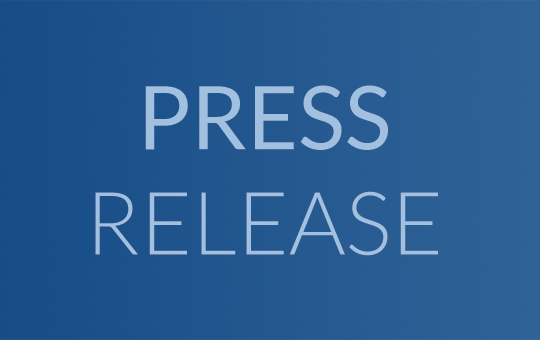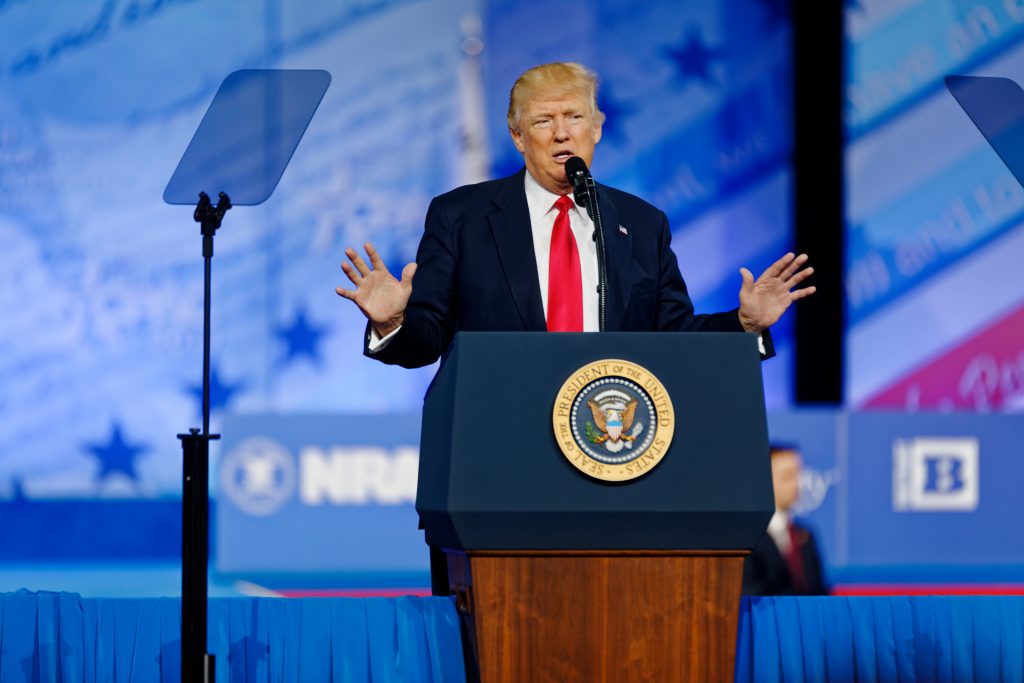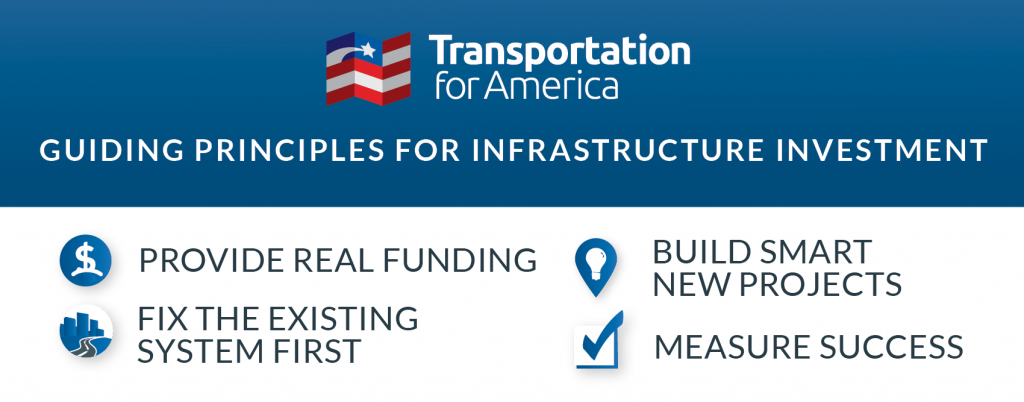As of September 5th 2017
INTRODUCTION
On Monday July 17th, the House Appropriations Committee marked up and passed the House Transportation, Housing and Urban Development (THUD) appropriations bill for fiscal year (FY) 2018. The House THUD bill would appropriate $17.8 billion in discretionary FY 2018 funding to the U.S. Department of Transportation (USDOT), a $646 million decrease from the FY 2017 funding level. The full text of the House draft bill can be found here.
The THUD bill is part of a package of six appropriations bills that the full House of Representatives will consider together, and we expect that the House will consider this package during the week of September 4th. The House Rules Committee is scheduled on Tuesday September 5th to consider the 89 amendments proposed to the THUD bill and decide what amendments to make “in order” and advance to the full House of Representatives for consideration.
We urge you to call your Representatives and make your voices heard on the below amendments that the House of Representatives may consider in the near future.
TIGER
Current Bill: The House FY 2018 bill eliminates funding for the TIGER program, which was funded at $500 million in FY 2017.
Amendments Proposed:
Maxine Waters (D-CA) Amendment #1: Provides $7.5 billion for the TIGER program.
Maxine Waters (D-CA) Amendment #2: Provides $550 million for the TIGER program, specifically requires the Secretary to award the funds using the 2016 notice of funding opportunity (NOFO) criteria, and requires that the Secretary distributes the grants 225 days after the enactment of the bill.
Rosa DeLauro (D-CT) Amendment: Provides $500 million for the TIGER program.
Rod Blum (R-IA) Amendment: Provides $200 million for the TIGER program and reduces HUD tenant rental assistance by $200 million as an offset.
T4America’s Position: We SUPPORT efforts to fund TIGER because it is a crucial program that gives local governments direct access to federal dollars for innovative projects. TIGER projects are overwhelmingly multimodal and multi-jurisdictional projects – like rail connections to ports, complete streets, passenger rail, and freight improvements – that are often challenging to fund through the underlying formula programs.
However, we OPPOSE paying for a TIGER program by cutting the HUD tenant rental assistance program, which is also a crucial program. There is enough money, as evident by past appropriations bills that fund both, to sufficiently fund these two important programs.
New Starts, Small Starts, Core Capacity (Capital Investment Grant Program)
Current Bill: The House bill allocates $1.75 billion to the Capital Investment Grant (CIG) program, which is $660 million less than the FY 2017 enacted funding level of $2.4 billion. It is also $549 million less than the authorized level for the program in the FAST Act. Of this $1.75 billion, $1.008 billion is set-aside for New Starts projects that have full funding grant agreements (FFGAs), $145.7 million for Core Capacity projects, and $182 million for Small Starts projects.
Of the remaining CIG funding, $400 million would fund “joint Amtrak-public transit projects.” This language indicates that the Subcommittee intends the funding to go to the Gateway project, a rail improvement project in the Northeast Corridor. With all this funding dedicated to Gateway, there would be no remaining funding would be available for any of the CIG projects that anticipate getting an FFGA signed in 2018 or late 2017.
The House bill also includes language directing the USDOT Secretary to “continue to administer the Capital Investment Grant Program in accordance with the procedural and substantive requirements of” the law, including directing the “Secretary to continue to advance eligible projects into project development and engineering in the capital investment grant evaluation.” Basically, when CIG projects become eligible to move along in the pipeline, this language requires the Secretary to advance them. The Committees included this language because the Administration has stated a desire to block funding for any new CIG projects by not advancing or taking in new projects into the program. While this language challenges that approach, under the House bill, the lack of funding available for additional New Starts projects would effectively prevent new projects from moving forward until at least 2019.
Amendments Proposed:
Darren Soto (D-FL) Amendment: Increases the amount of funding for small starts funding by $82 million and decreases funding for intercity passenger rail projects by $82 million as an offset.
Mark Amodei (R-NV) Amendment: Requires the Secretary of Transportation to continue administering the current Capital Investment Grant (CIG) Program in accordance with current law and requires the USDOT secretary to enter into a grant agreement with any small starts project that has satisfied the current eligibility requirements of the small starts program.
T4America Position: We OPPOSE proposals to offset funding for small starts by taking money from intercity passenger rail funding, which is also important. There is enough money, as evident by past appropriations bills, to sufficiently fund both programs and we should not be cutting funding from one program to fund the other.
We SUPPORT legislative language that increases the likelihood that the CIG program will continue operating as it should and also moves future small starts projects forward by ensuring these projects get grant agreements when they are ready.
Amtrak, CRISI, State of Good Repair, and REG
Current Bill: The House FY 2018 bill provides $1.4 billion for Amtrak. Of this, $1.1 billion is reserved for the National Network, which is consistent with the FAST Act authorized amount, and $328 million for the Northeast Corridor (NEC), which is a decrease from the $515 million authorized amount in the FAST Act.
The Consolidated Rail Infrastructure and Safety Improvements (CRISI) grant program is funded under the House bill at $25 million, a decrease from the $230 million authorized under the FAST Act and less than half of the $68 million that the program received in FY 2017. The draft bill does not provide funding for the Restoration and Enhancement Grants (REG) program, which authorized at $20 million under the FAST Act and funded at $5 million in FY 2017..
The House FY 2018 bill also provides $500 million for Federal State Partnership State of Good Repair grants, significantly above the $175 million authorized for FY 2018. In spending this funding, the bill directs USDOT to “first give preference to eligible projects for which the environmental impact statement required under the National Environmental Policy Act and design work is already complete at the time of the grant application review, or to projects that address major critical assets which have conditions that pose a substantial risk now or in the future to the reliability of train service.” This language indicates that funding would be directed to the Gateway’s Portal North Bridge and Hudson River Tunnel projects. Overall, the Gateway project could receive $900 million in grant funding under the bill – about one sixth of the $5.4 billion in discretionary appropriations for non-aviation programs.
Amendments Proposed:
Mo Brooks (R-AL) Amendment #1: Eliminates funding for Amtrak’s National Network only.
Mo Brooks (R-AL) amendment #2: Eliminates both the funding for Amtrak’s Northeast Corridor and Amtrak’s National Network.
Mo Brooks (R-AL) Amendment #3: Eliminates funding for Amtrak’s Northeast Corridor only
Jim Himes (D-CT) Amendment: Increases funding for Amtrak’s Northeast Corridor account by $30 million and decreases essential air service funding by $30 million as an offset.
Ted Budd (R-NC) Amendment: Eliminates the $900 million allocation for the Amtrak gateway program, increases funding for national New Starts Projects by $400 million and applies savings from the elimination of the TIGER Grant program to deficit reduction.
T4America’s Position: We STRONGLY OPPOSE the elimination of funding for Amtrak, which is crucial to the economy vitality of our nation and communities across our country. The National Network provides mobility options for and acts as an economic catalyst to small and rural communities across the country. For many residents in these communities, the Amtrak connection is their primary way of traveling around the country, especially in areas that are losing Essential Air Service. Similarly, Amtrak’s Northeast Corridor is the primary travel option for millions of people traveling the congested Northeast Corridor every year. Not only does it take cars off our congested roadways, benefiting train and road users alike, but the Northeast Corridor is a huge economic driver for communities located along the Corridor. Cutting funding for Amtrak’s National Network and Northeast Corridor would decrease our nation’s prosperity, harm the economic vitality of communities that Amtrak serves, and greatly lower the amount of personal mobility and freedom that people that use Amtrak currently have. The House of Representatives rightly voted down these amendments two years ago and should do so again.
We also OPPOSE funding for the Northeast Corridor by taking funding from the Essential Air Service program. While Northeast corridor rail funding is important to the urban communities along the corridor and our nation’s economy as a whole, the essential air service program is important to many rural communities that would not have airline service otherwise. Our transportation system should and can meet the needs of both our urban and rural communities and this amendment would needlessly cause a divide between urban and rural communities when we need all of our communities united in a push for greater infrastructure funding overall.
Finally, we OPPOSE amendments that pit one infrastructure priority against another one.
Other Amendments To Watch:
Kevin Brady (R-TX) Amendment: Prohibits federal funding, including a grant or loan agreement, for the development or construction of high-speed rail, with non-interoperable technology, in the State of Texas.
T4America’s Position: We OPPOSE efforts to limit the ability of the federal government to advance high-speed rail in Texas. Texas currently has an exciting privately led effort underway to build high-speed rail between Houston and Dallas. While the private group leading the effort has indicated they don’t have plans to seek financial support from the federal government, we shouldn’t prohibit the federal government from providing financial support if the need arise and there are benefits to providing that financial support. The federal government provides billions of dollars in funding to other modes of transportation, including highway and other transit projects, so the federal government shouldn’t be prohibited from providing funding in this case if it becomes a good idea to do so.
Jamie Herrera-Butler (R-WA) Amendment: Prohibits federal funds from being used to establish or collect tolls on Interstate 5 or Interstate 205 in the state of Washington or Oregon.
T4America’s Position: We OPPOSE efforts to limit the ability of Washington State or Oregon to use tolling as a financing option for infrastructure projects. Congress hasn’t raised the gas tax since 1991 and therefore there is a national funding crisis for transportation. Because Congress has repeatedly been unable to step up to the plate, States increasingly have taking the lead and either raised their gas tax or found other innovative solutions, including tolling, to raise revenue to fund transportation and other infrastructure projects. Congress shouldn’t prohibit states from taking much needed steps, including tolling, to solve a problem that Congress has so far refused to solve.
Al Green (D-TX) Amendment: Restores $250,000 in funding for the Department of Transportation Office of Civil Rights and reduces USDOT salary and expenses by $250,000 as an offset
T4America’s Position: We SUPPORT efforts to maintain funding for the Office of Civil Rights within USDOT. Unfortunately even today, there are still many equity issues in the way we fund transportation projects and the individual projects and modes of transportation that we do ultimately fund. The Office of Civil Rights is crucial in our effort to ensure that we solve the equity challenges and gaps that still exist in our transportation system today.









